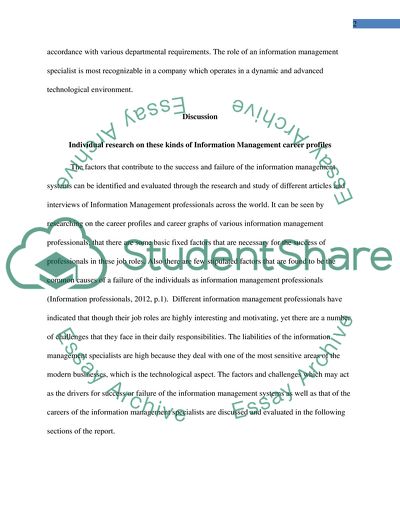Cite this document
(“Research and Reflections on Success and Failure in IM Management Essay”, n.d.)
Research and Reflections on Success and Failure in IM Management Essay. Retrieved from https://studentshare.org/information-technology/1859175-name-your-own-topic
Research and Reflections on Success and Failure in IM Management Essay. Retrieved from https://studentshare.org/information-technology/1859175-name-your-own-topic
(Research and Reflections on Success and Failure in IM Management Essay)
Research and Reflections on Success and Failure in IM Management Essay. https://studentshare.org/information-technology/1859175-name-your-own-topic.
Research and Reflections on Success and Failure in IM Management Essay. https://studentshare.org/information-technology/1859175-name-your-own-topic.
“Research and Reflections on Success and Failure in IM Management Essay”, n.d. https://studentshare.org/information-technology/1859175-name-your-own-topic.


